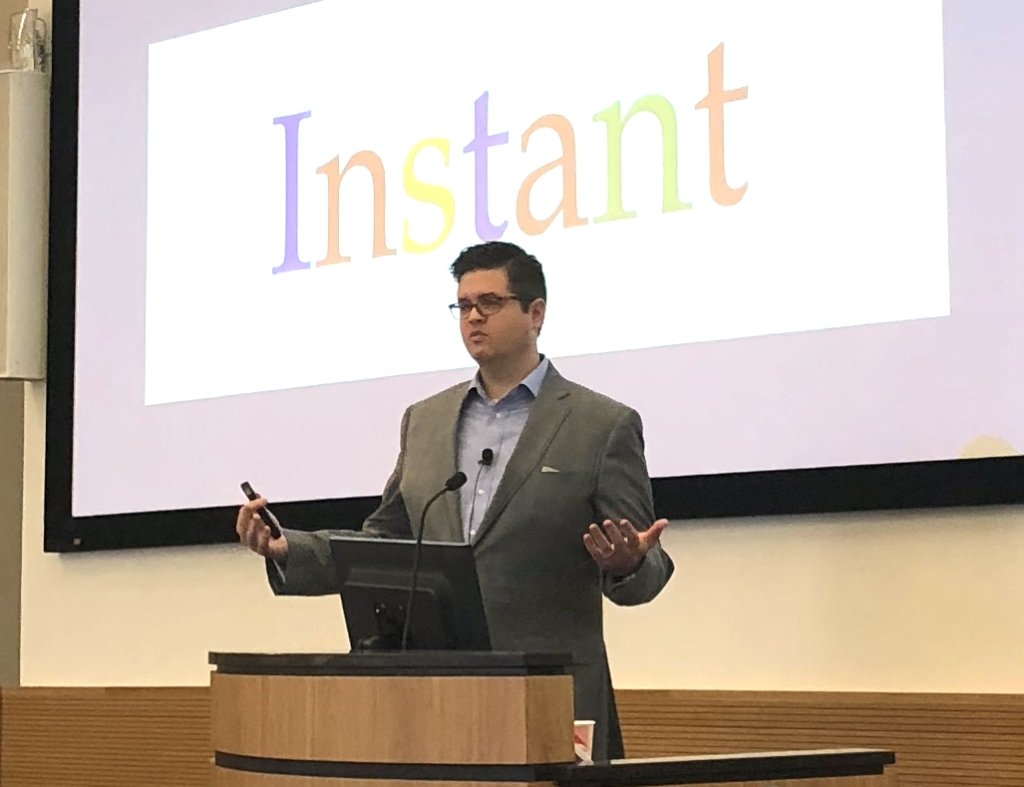Reading Time: 4 minutes
We’ve all seen the school supplies on sale at our local stores. That can only mean one thing….school’s about to begin… if it hasn’t already started.
Most articles written by financial advisors on education feature the savings plans for accumulating college funds, such as 529 plans. In fact, so much has been written about it that I would be remiss to bore you with one more article on a subject that has been covered so well, and so extensively. So, guess what….I’m not! If you live in South Carolina, there was a great way to calculate the estimated cost of college by using this Future Scholar Tool. Also, Investopedia has an excellent article on the basics here.
Few families have unlimited financial resources, especially larger families (lots of children), and of course the costs continue to rise. Additionally, student loan financing is an option, and this is a major decision that merits much reflection.
Unfortunately, when it comes to financing your children’s education (note, I did not say college), most people do not talk about it, let alone establish a formal Family Education Policy.
So…what is this Family Education Policy I’m talking about?
Family Education Policy
At Intelligent Investing, each client receives a personal Investment Policy Statement (or IPS), and the importance of this document is vital to the success of their financial plan. The Investment Policy Statement establishes reasonable objectives and guidelines regarding our client’s assets. It sets forth a target portfolio indicating risk levels, allocations, and return targets that the client’s money will typically be invested to achieve. We think it is just as vital to have a Family Education Policy, which is a tool used to make sure everyone is on the same page when it comes to any education beyond high school (postsecondary education). We’ve included a free template further down.
Importance of Family Unity
One of Intelligent Investing’s Four Unique Factors is to unify families in financial communication. Intelligent Investing strives to unify families in financial communication. Share on X It is important for husbands and wives to come together on this subject and agree on their goals regarding the education of their children. The more children you have, the more important to come to an agreement early on as parents. This was a major part of my wife’s and my financial picture over our working years. And, sometimes, it doesn’t hurt if the grandparents get involved…it just might even help (can you say estate planning?).
Questions you may consider when making a Family Education Policy
- What will we be funding? How much of an education benefit do we want to provide to each child?
- What is our goal? What do we seek to fund?
- Will we pay just tuition, or tuition and books? Or, tuition, books and housing all three?
- What about spending money, transportation and other incidentals?
- Are we planning to fund any trips, be they educational or spring break vacations?
- What about post-graduate education?
Skin in the Game
Often parents will choose to not fund 100% of their child’s education, even when it is possible financially to do so. We all know that we are more committed when we have some “skin in the game”, and this increases the student’s odds of academic success. That summer job, and buckling down and studying hard to merit greater scholarship money may even help them excel in the work place once they graduate.
Scholarship money, you say? The words “College scholarship” were among the first words we taught our daughter, and fortunately, it did pay off.
The earlier and more often we discuss education and education funding with our children, the more aligned we will be as a family. It also gives our children the opportunity to discuss their hopes and dreams.
A Family Education Policy gives our children opportunities to discuss their hopes and dreams. Share on XAssuming our child wins scholarships towards college expenses, and assuming we require our child to pay a portion of their college costs, how should we apply these funds? To the child’s portion or to the parent’s or grandparent’s portion? How we apply scholarship money may indeed affect the student’s academic motivation.
College May not be the Best Path
This may be a hot topic for debate, but what if you have a child who is not interested in college, and instead wants to be, say, a homebuilder? Trade school can lead to business ownership potentially much quicker than college, and business ownership can be the path to both independence and wealth generation. Contractors, auto repair centers, and other such businesses are quite profitable, and once established are often very stable when compared to careers in corporate America. The quickest path to CEO is not necessarily up the corporate ladder. Also, student loans are daunting and continuing to increase. The quickest path to CEO is not necessarily up the corporate ladder. Share on X
With trade school you are focused immediately on a certain curriculum, while in a University there is an opportunity to explore various fields.
Trade schools are much less expensive that colleges and universities, but remember, treating our children fairly and equitably based on their aspirations and aptitudes doesn’t have to mean treating them equally.
Download a free copy of your Family Education Policy
At Intelligent Investing, we have access to hundreds of college tuition and room and board costs, and our financial planning allows us to choose whatever specific college your child may want to attend using today’s costs. We can then customize how much we want to inflate those amounts and project them into the future. The bottom line is that we think it is important to discuss, determine and communicate a family education policy plan so everyone is on the same page.
[gview file=”https://investedwithyou.com/wp-content/uploads/2023/08/Family-Education-Policy-1-1.docx”]Helping our clients meet their goals is our passion at Intelligent Investing. If we can help you with education planning or in any other way, please let us know!


